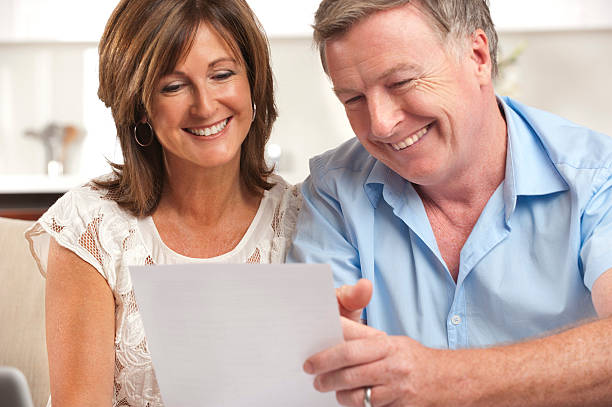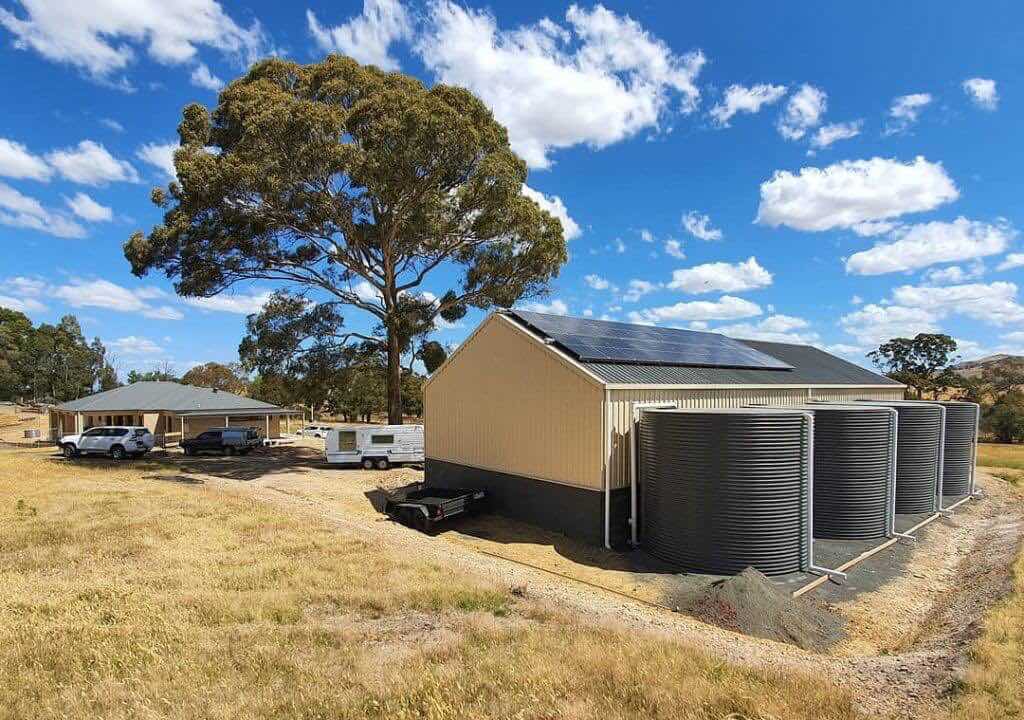Last update July 10th, 2024 at 06:08 pm
One of the main reasons Australians invest in solar panel technology is to reduce their electricity costs. By installing a solar panel system, your system will often be able to produce the power you need. That way you can spend less money on electricity and go some of the way to eliminating your power bill!
Exactly how much money you will save on your power bill, will of course depend on your power consumption and the size of your solar panel system. Is it possible for solar panels to eliminate your power bill? Or should you still expect some power expenses?
In this article, you will find the answer!

Will solar panels eliminate your power bills?
The short answer to this question is no. Solar panels will usually not eliminate your power bill completely. However, you can expect the solar system to reduce your power bills by as much as 90% on average.
Because of this, you can expect to save a great deal of money every year. That way, you will also earn back the money you invested in the solar panel system. In most cases, Australians can expect the solar system to pay for itself within 3 to 7 years.
It is a common misconception that you will no longer receive power bills when installing a solar panel system. In most cases, this will not be the case – unless your solar panel system is completely off-grid.
With a grid-tie system, you will still receive power bills
In most cases, Australians choose a grid-tie system. Actually, 99% of the solar panel systems in Australia are connected to the grid. This has its advantages, as you will have access to backup power in case of system failure or low energy production due to darkness or bad weather.
Most Australians will have to use power from the grid at night and early evening after the sun sets. With a grid-tie system, you will also be able to sell excess energy to your energy provider. You will receive payment in the form of feed-in tariffs.
As long as your house or business building is connected to the grid, you will continue to receive power bills from your energy provider. However, you might expect the power bills to be significantly smaller than they were before the solar panel system was installed.

What if the solar panels produce all the power I need?
A solar panel system can potentially generate all the electricity you need. The main problem is that the system in many cases will produce power when you are out (in the middle of the day).
When you get home in the afternoon, the system will not produce electricity as effectively as earlier in the day. And most people use more electricity later in the day – to heat ovens, watch TV and similar.
Unless you have a battery backup system, you will probably have to use some power from the grid.
If you don’t use any power from the grid, you can eliminate electricity costs. But you will still have to pay for supply charges and other flat rates. These costs can usually not be avoided by anyone with a grid connection.
If you go off-grid you can eliminate your power bill
Although it is not very common, you might choose to invest in a stand-alone solar system with no grid connection. Your solar panel system can then be your only energy supplier, and you will no longer need the energy provider.
However, if you consider a solar panel system with no grid connection, you will probably need to invest in a big system and large batteries. This will often be very expensive, although you will get some financial rebates through the federal government.
Without any batteries, you will not have any electricity at night. You may also experience a shortage of energy in the case of rainy weather.
But if you make sure to install the right system, going off-grid can be a good alternative.

Find a solar panel system that is beneficial for you
If you want to reduce your electricity costs, you should invest in a solar panel system that will cover your electricity needs as much as possible. Solar systems exist in many different sizes, and the size will determine how much power the system can produce.
For most Australian households, a 6.6 kWh system is a great choice. But if you live in a very large house, you might need a bigger system.
It might be a good idea to contact a certified installer who can help you find the best system for your specific needs. Good luck!